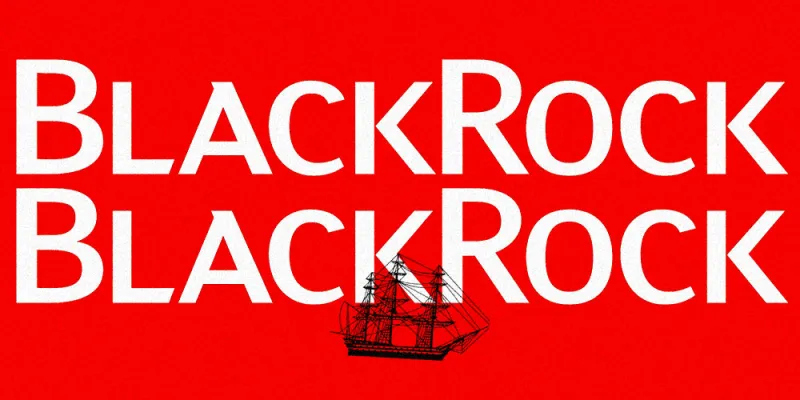BlackRock overtook Vanguard — the shareholder-owned firm synonymous with index funds — in attracting assets last month.
According to Morningstar’s monthly report on U.S. asset flows, for the second consecutive month the world’s largest asset manager has beaten Vanguard. This is only the fourth month in the past three years for that to happen.
BlackRock pulled in $14.9 billion in May, with the firm’s iShares exchange-traded fund family bringing in $13.1 billion, the lion’s share of the total. Vanguard didn’t drop far in the charts, gaining $10.7 billion. Even so, flows have slowed for both firms compared to last year. BlackRock brought in $65 billion year to date through May. In 2017, the firm had gathered $99 billion in the same time period. Vanguard’s inflows between January and May of last year were $177 billion, more than double this year’s $82 billion.
[II Deep Dive: Morningstar: Vanguard Attracts More Money Than All Fund Managers Combined]
The month was a good one for asset managers. May flows into U.S. equity funds — $20.7 billion —were the strongest since December 2016. Continuing their unrelenting dominance, passive funds across all categories again beat active in attracting money from investors. Passive, which Morningstar defines as both factor-based and market-capitalization weighted funds, brought in $41.3 billion for the month. Active funds lost $900 million in assets. In 2018 so far, passive funds had $207 billion in inflows, compared to $2.1 billion for active, one percent of the total. Looking at the last 12 months, flows into passive — $174 billion — approximated the flows out of active funds, which stood at $195 billion.
Asset managers continue to launch factor-based products, which are run by algorithms that identify security characteristics such as value or growth, to cash in on investors’ switch to passive. But, according to Morningstar, investors still overwhelmingly favor traditional index funds whose holdings are weighted by market capitalization. Over the past 12 months, market-cap weighted index funds gathered $130 billion in assets. Factor-based funds brought in $44 billion during the same time period. Factor funds are growing at 8.3 percent, faster than traditional index funds, which grew at 5.3 percent over that last 12 months. Traditional index funds still represented almost 80 percent of the market based on assets.
One of the few actively managed funds on the list of the top 10 gainers in May was T. Rowe Price’s Real Assets Fund.
Several active funds were in the top 10 losers, including the DoubleLine Total Return Bond Fund, Fidelity Low Priced Stock Fund, Harbor International Fund, and Oppenheimer International Growth Fund.







